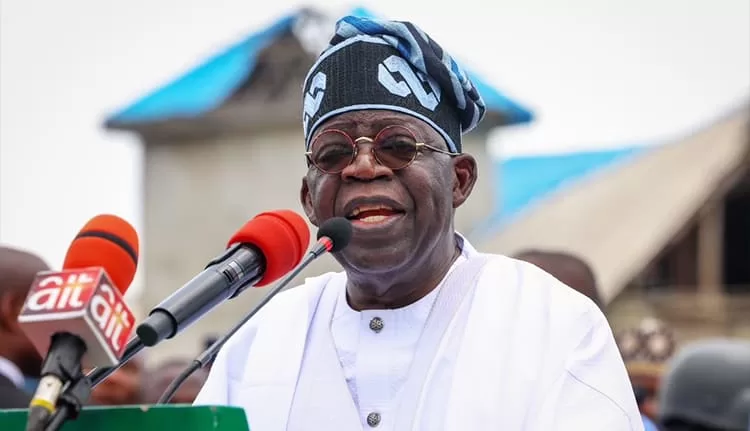President Bola Tinubu appointed Taiwo Oyedele as Chairman of the Presidential Committee on Fiscal Policy and Tax Reforms.
Oyedele’s appointed coincided with the establishment of the Committee, which the government said would assist the federal government in its tax reform policy.
Oyedele, according to a statement by Dele Alake, Special Adviser to the President on Communication and Special Project, until his appointment was a Fiscal policy partner and Africa tax leader at PriceWaterhouseCoopers, PwC.
His appointment also came barely 24 hours after President Tinubu signed an Executive Order suspending five percent tax on telecommunications services, some locally manufactured goods, amongst others.
The Presidency said the suspension was necessary to alleviate the sufferings of Nigerians following various belt- tightning measures introduced by the government.
In a statement signed by Alake on Friday, the committee will comprise experts from both the private and public sectors and be responsible for various aspects of tax law reform, fiscal policy design and coordination, harmonisation of taxes, and revenue administration.
The committee’s primary objective, he explained, is to enhance revenue collection efficiency, ensure transparent reporting, and promote the effective utilization of tax and other revenues to boost citizens’ tax morale, foster a healthy tax culture, and drive voluntary compliance.
Also speaking on the committee’s establishment, Special Adviser to the President on Revenue Zacchaeus Adedeji, said Tinubu recognises the importance of a sound fiscal policy environment and an effective taxation system for the functioning of the government and the economy.
He said the aim of the tax reform is to provide the government with revenue for sustainable development, adding that past efforts to improve the nation’s tax system did not yield good results.
According to Adedeji, ”Nigeria ranks very low on the global ease of paying taxes while the country’s Tax to GDP ratio is one of the lowest in the world and well below the African average.
”This has led to an overreliance on borrowing to finance public spending which in turn limits the fiscal space as debt service costs consume a greater portion of government revenue, annually resulting in a vicious cycle of inadequate funding for socio-economic development.
”While some incremental progress has been recorded over the years, the outcomes have not been transformative enough to change the narrative.
”Our aim is to transform the tax system to support sustainable development and achieve a minimum of 18% Tax to GDP ratio within the next 3 years without stifling investment or economic growth,” the special adviser said.
”It should be noted that this committee will not only advise the government on necessary reforms, but will also drive the implementation of such recommendations in support of the comprehensive fiscal policy and tax reform agenda of the current administration.
Meanwhile, some Nigerians have applauded the president for suspending the five percent tax on locally manufactured good and telecoms services, saying the action will bring relief to many Nigerians who are already overburdened with tax by various levels of governments.








